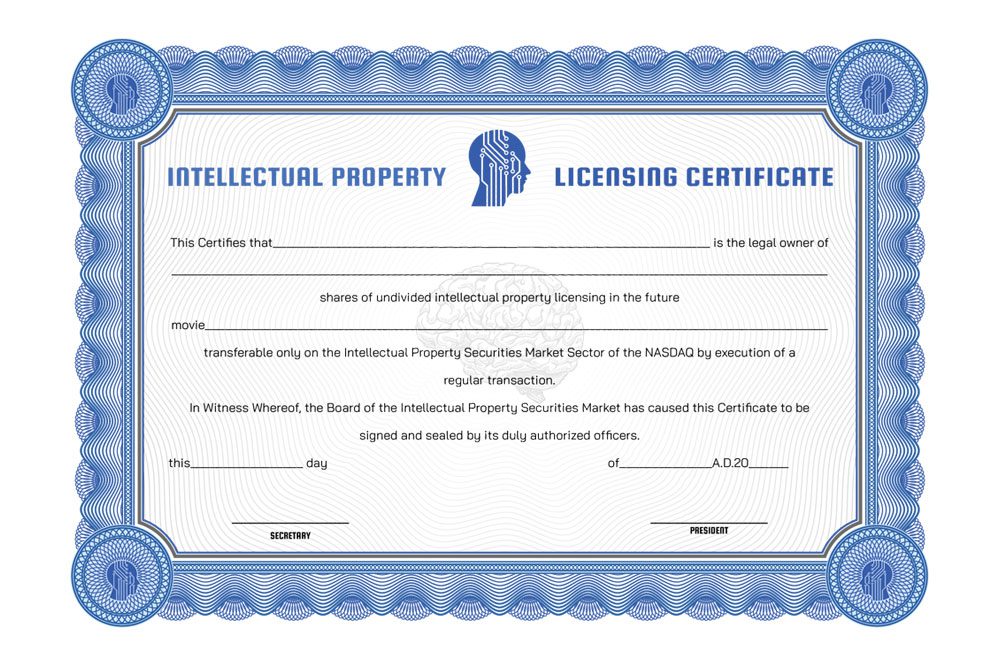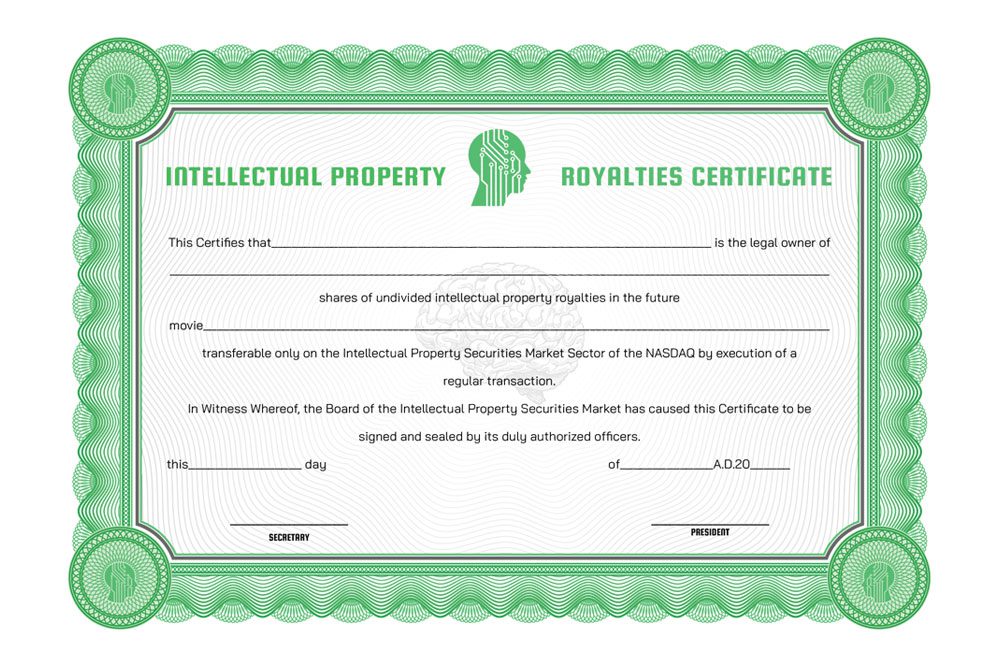A securities listing service is a platform or system that provides information about securities, such as stocks, bonds, and other financial instruments, that are available for trading on a financial exchange. These services play a crucial role in financial markets by offering detailed information about the listed securities, which includes: Basic Information: This encompasses the name of the security, the company or entity that issued it, its ticker symbol, and the exchange on which it is listed. Price Information: Real-time or delayed data on the current trading price of the securities, historical price data, and price fluctuations over different periods. Trading Volume: Information on the number of shares or units










